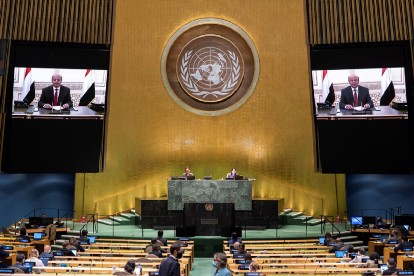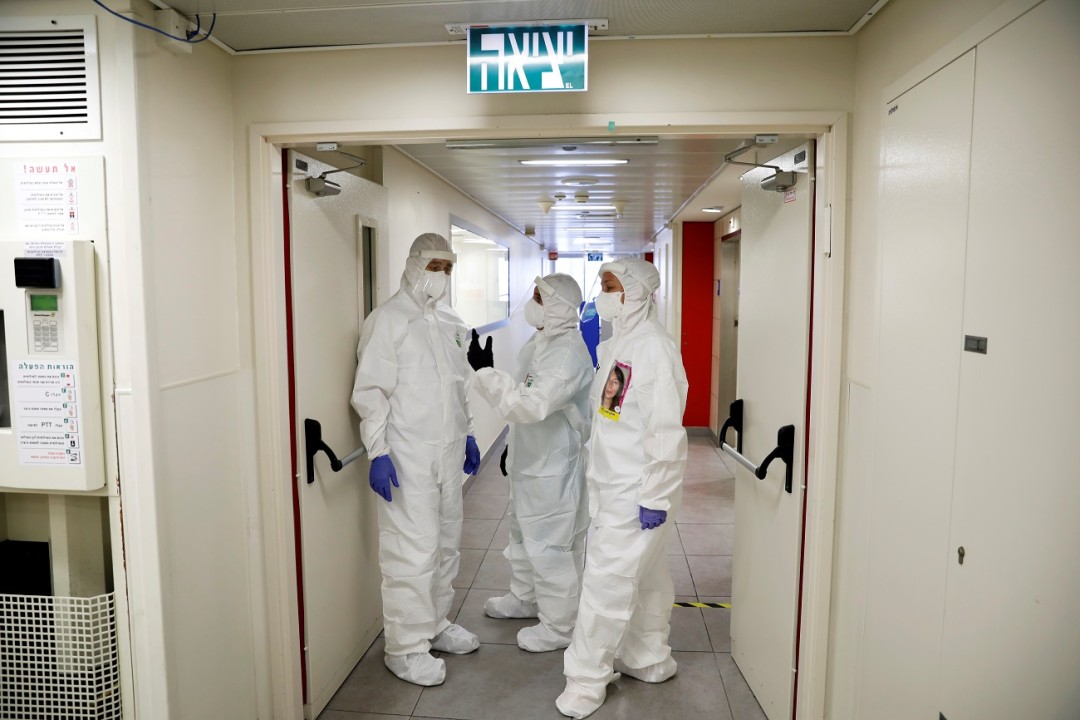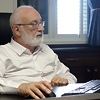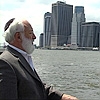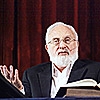“Two Centers For The Jewish People? Perhaps, But With A Caveat”
 From My Facebook Page Michael Laitman 9/25/20
From My Facebook Page Michael Laitman 9/25/20
It is no secret that over the years, the relationship between American Jewry and the State of Israel has had its ups and downs. In recent years, it has had more downs than ups. Today, it’s at a point where many American Jews who care about Israel feel that it alienates them, doesn’t accept them as Jews, and certainly not as Jews with equal rights.
Moreover, many American Jews reject the association of Judaism with the State of Israel altogether, or that they have any special affiliation to the Jewish state because they are Jews. Just recently, Business Insider published a story about Jewish Americans fiercely condemning President Trump for statements they regard as “textbook anti-Semitism.” According to the paper, “During an annual White House conference call to honor the upcoming High Holidays … Trump told American Jewish leaders, ‘We really appreciate you, we love your country also and thank you very much.’” To get the point across, one Jewish leader said, “It’s really important that we separate out American Jews and Israel — we are not one and the same. It’s anti-Semitic to suggest that we are.” Another leader stressed, “Trump seems unable to grasp the simple fact that Jewish Americans are Americans, period.”
Evidently, the chasm between parts of American Jewry and the State of Israel is so wide that there is complete estrangement. But while these American Jews see no connection between them and Israel, they do identify as Jews and feel connected to Judaism.
Naturally, I would like to see all Jews united around the world. But realistically speaking, this is currently impossible. And in truth, I don’t think it’s a tragedy we cannot overcome. The important point to keep in mind is not the connection of Jews to the State of Israel, but the connection of Jews to fellow Jews. As I will explain below, if American Jewry achieves this, they will be welcome anywhere and everywhere, and it would eliminate antisemitism.
Although most Jews would like to think of themselves as the same as everyone, they aren’t the same as everyone and no one treats them as such. However uncomfortable this makes us feel, Jews are different, and virtually everyone but Jews admits it.
Therefore, there is no point declaring that “Jewish Americans are Americans, period.” The truth is that to a great many Americans, Jewish Americans are first of all Jews, and then, perhaps, Americans. And since Jews are singled out anyhow, it is in their best interest to know how they can be singled out for praise rather than for condemnation.
Here is where the Jewish vocation comes into play. Jews coined the terms “Love your neighbor as yourself” and “That which you hate, do not do unto your friend.” Jews were tasked with being “a light unto nations,” to rise above their egoism and learn to love each other despite each one’s faults. They were singled out to serve as a role model society based on love rather than on hate and selfishness.
To be a role model society, American Jews don’t need legitimacy from the State of Israel. If they unite among themselves, they will become an example to the rest of American society, since Jews are constantly on people’s minds anyway (in America and everywhere else). Therefore, once they display unity, they will naturally become a positive example.
One of the core values of Judaism is Tikkun Olam (correction of the world). To many American Jews, advancing Tikkun Olam is an essential part of their Jewish identity. Yet, we cannot advance Tikkun Olam until we ourselves set a good example that people would want to emulate. Until we do, our message will simply not be credible. This is why I think that Tikkun Olam must start at home, within the Jewish American community. King Solomon wrote (Prov. 10:12), “Hate will stir strife, and love will cover all crimes.” Once they establish this approach among them, they will be the enviable example they strive to be. Until then, Americans will consider them pariahs.
For this reason, the first goal that American Jewry must achieve is internal solidarity and unity. If it achieves this, it will shine through the dimming shreds of American society and become a model of a just and moral society that everyone will strive to emulate.

